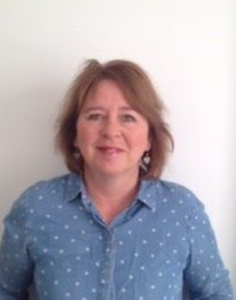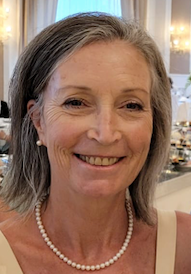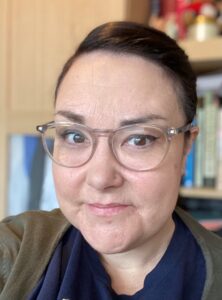
As researchers, we are ethically commanded to assure anonymity for participants engaging in research activities (BERA, 2018). Anonymisation often results in selection of participant pseudonyms by researchers to assist in preventing identification. An alias, or code name is assumed, often chosen by the research author without consultation with participants. The origin of the meaning alias resides in Latin as ‘at another time, elsewhere’ (Wordsense, 2021) which suggests an alternative identity is assumed, particularly because it should be distinct from participants’ real names. This can be particularly challenging within the field of social science when positive, professional relationships with participants brings potential for gathering valuable, rich data, to say nothing of perpetuating power imbalances between researcher and participant. Pseudonyms can therefore be a barrier to establishing participant relationships. It seems the idea of pseudonyms warrants careful consideration, though, because a name can be more important than first conceived.
Participants’ heritage and culture are often embodied in their name. Names can be inter-generationally adopted to demonstrate family attachments and respect for predecessors. Participants may not want to lose this sense of belonging with their family, particularly when researching sensitive subjects. Emotional connections with family can support and affirm the value of participants’ contributions to the research study which could help retention. Conversely, pseudonyms which are representative of family members who have brought disrepute on the family could risk alienating participants from the study. The negative association with these names would not necessarily be known to the researcher. Worse still are pseudonyms which are codes, such as numbers or letters. This depersonalises participants and removes their identity as well as extracting their name from fieldwork. Whilst this is arguably more influential in qualitative studies than quantitative research, the scientific study of human society and social relationships is quite possibly hampered when participant identities are altered.
Shakespeare (1597) disregarded the significance of names in Romeo and Juliet, arguing the person inside is more important than their name. But our social constructionism attaches importance to names which demonstrate who we are inside. Names are often aligned to religion, class, age, socio-economic circumstances, geographical locations and so on, and as a result influence our positionality and how we view the world. Within research, participants’ names might impact upon the research experience. In a recent study I tried to avoid these complexities by asking participants to select their own pseudonyms. Rather than avert these issues, it presented different problems. Several participants chose to use their initials, which had potential to identify them in a small, narrative study. In addressing this, one participant asked to be called by the first initial of their surname, preceded by ‘Mr’. As the only male in the study this insufficiently managed the risk of identification. The participant subsequently suggested the pseudonym Churchill, explaining this was patriotic. This names conjures various understandings, although perhaps not a general sense of awareness to social injustice. Seeking clarification, I enquired ‘Asking for a friend……. the politician or the dog?’. And the response?
‘Both’.
by Sarah Mander

Sarah Mander is a Staff Tutor in ECYS, and Associate Lecturer for E102. Sarah is currently studying for a Doctorate in Education, researching the characteristics of child-centred practice within Early Help workforces. Her research interests emanate from a career in early intervention and preventative work in children’s services. Sarah also authors student wellbeing bulletins and leads the ECYS Student Voice and Wellbeing group.




 Anna is a full time doctoral researcher in her second year at the Open University and a registered midwife. Prior to starting at the OU, Anna worked in a variety of maternity settings including practice development, her last clinical post as a senior midwife establishing and running a home birth team before moving into midwifery education as a Senior Lecturer. Anna remains connected with midwifery education with specialist teaching and interests in all aspects of contemporary midwifery practice, physiologically informed care, research, individualised and complex care planning and supporting home birth. Anna’s previous MSc research explored the experiences of midwives supporting women with complex needs (physical, medical, obstetric and psychological) who choose to birth at home. Her doctoral work explores the experiences of women who make non-normative choices in pregnancy.
Anna is a full time doctoral researcher in her second year at the Open University and a registered midwife. Prior to starting at the OU, Anna worked in a variety of maternity settings including practice development, her last clinical post as a senior midwife establishing and running a home birth team before moving into midwifery education as a Senior Lecturer. Anna remains connected with midwifery education with specialist teaching and interests in all aspects of contemporary midwifery practice, physiologically informed care, research, individualised and complex care planning and supporting home birth. Anna’s previous MSc research explored the experiences of midwives supporting women with complex needs (physical, medical, obstetric and psychological) who choose to birth at home. Her doctoral work explores the experiences of women who make non-normative choices in pregnancy.